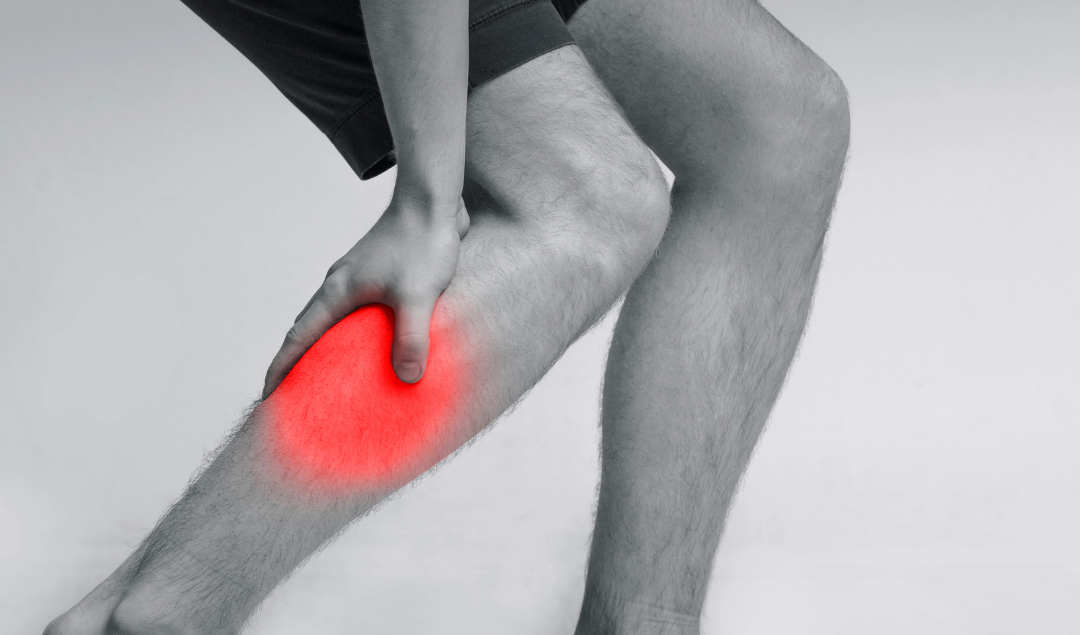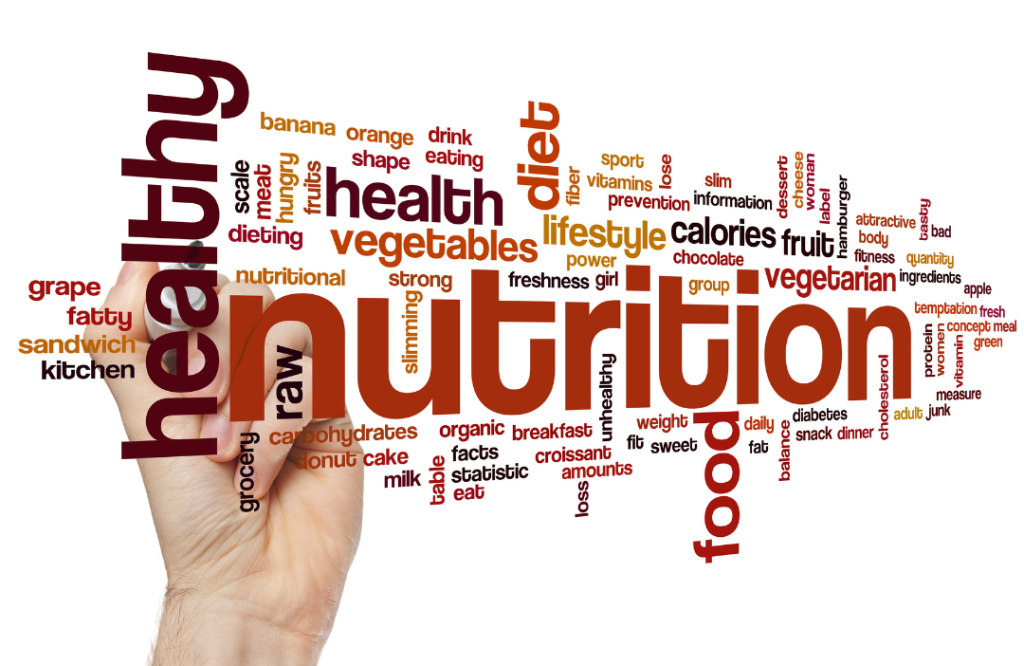Nutrition for Muscle Recovery

Exercise-induced muscle damage (EIMD) is a common condition in athletes that is characterized with symptoms like muscle pain, soreness and poor muscle function which affects the athletes and their sports performance. The damage of skeletal muscle fibers induces an inflammatory response that affects an athlete’s performance.
Thus, muscle recovery plays an integral part in athlete performance in different sports modalities. To achieve optimal muscle recovery, athletes should combine additional recovery strategies (biological, mechanical, and nutritional) to improve physical capacity and competitive performance.
Among the strategies mentioned, nutritional assessment and planning could contribute and make a decisive influence on the stimulation of muscle recovery. However, it is necessary to optimize the athletes nutrition by analyzing their macro and micronutrient intake, hydration, supplementation, and the training schedule. This extra preparation will promote peak performance of an athlete.
Table of contents

Although your overall diet is what matters the most, As EIMD results in transient muscle inflammation, strength loss, muscle soreness adding specific foods and additional supplementation appear to provide a protective effect in reducing EIMD.
- Proteins – An adequate protein intake 1.2 – 1.6 g/kg body weight per day or recommendation based on physical activity or training schedule promotes the development of lean mass, increased strength, and stimulates muscle recovery. Choose foods such as fatty fish, whey protein, lean meat, peanut butter and milk for the best protein source.
- Electrolytes – Electrolyte resulted in an enhanced rate of muscle glycogen resynthesis and faster restoration of hydration which promotes faster recovery.
- Omega-3 – 3 gms of Omega 3 fatty acid supplementation may minimize EIMD via its anti-inflammatory properties, adding foods such as nuts and seeds, flaxseed oil and seaweed can benefit and prevent inflammation.
- Creatine Monohydrate – In addition to strength gains, research has shown that creatine supplementation promotes muscle growth in addition to enhanced post exercise recovery, injury prevention, rehabilitation, studies show that short- and long-term supplementation is safe and well tolerated in healthy individuals
- Vitamin D – vitamin D is involved in the modulation of inflammatory processes which affect muscle function, by stimulating protein synthesis and cellular growth as an end product it promotes faster muscle recovery.
- BCAA – Studies suggest that BCAAs supplementation of 200 mg or more per kg body weight in a day for an injury that is not longer than 7-10 days, limits further muscle damage resulting from exercise.
- Anti Inflammatory – Juices like tart cherries, beetroot, pomegranate and watermelon may speed up muscle recovery and reduce soreness.
Studies have shown that having nutrient deficient and lower intake of proteins in particular prior to exercising or post workout, results in fatigue and poor recovery. Getting the right nutrition and supplementation is essential to maintain athlete health and optimal performance.
